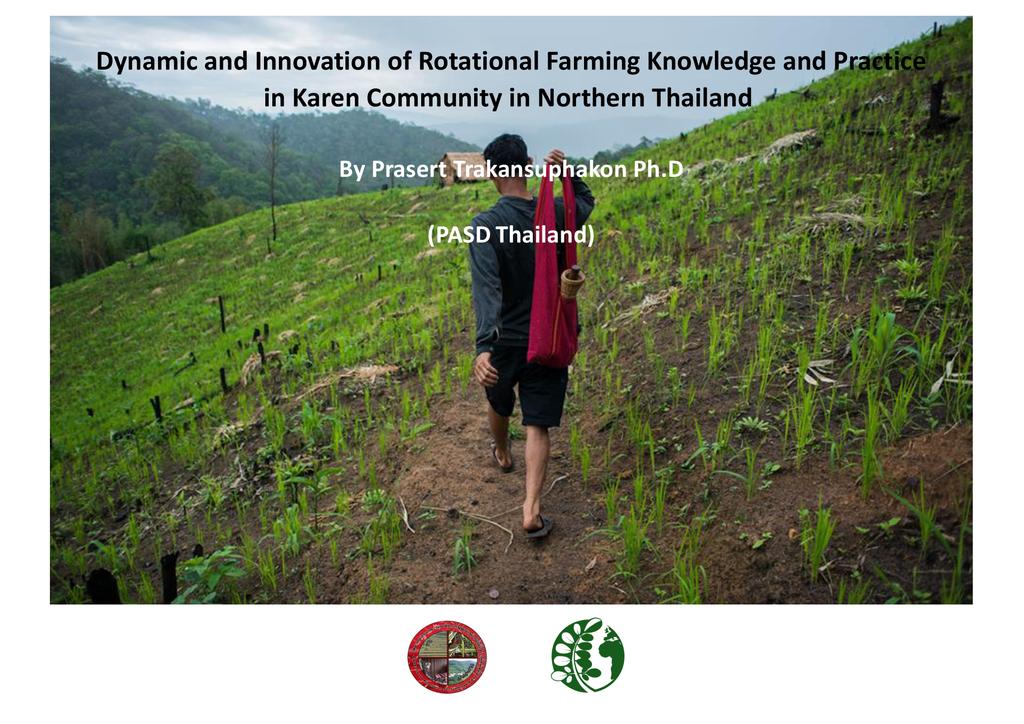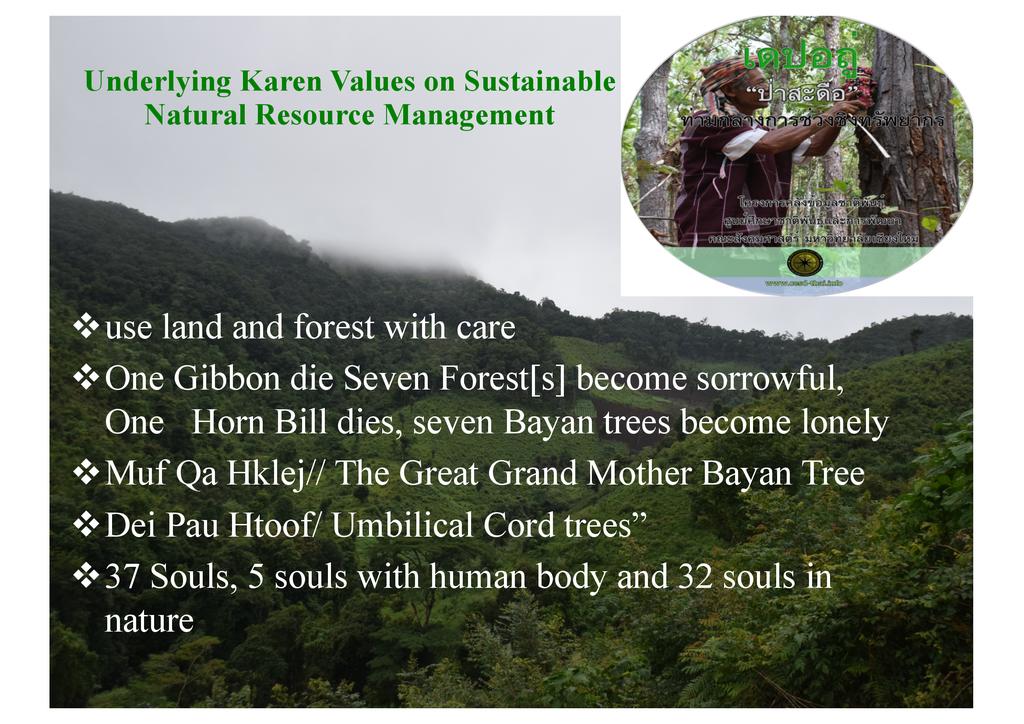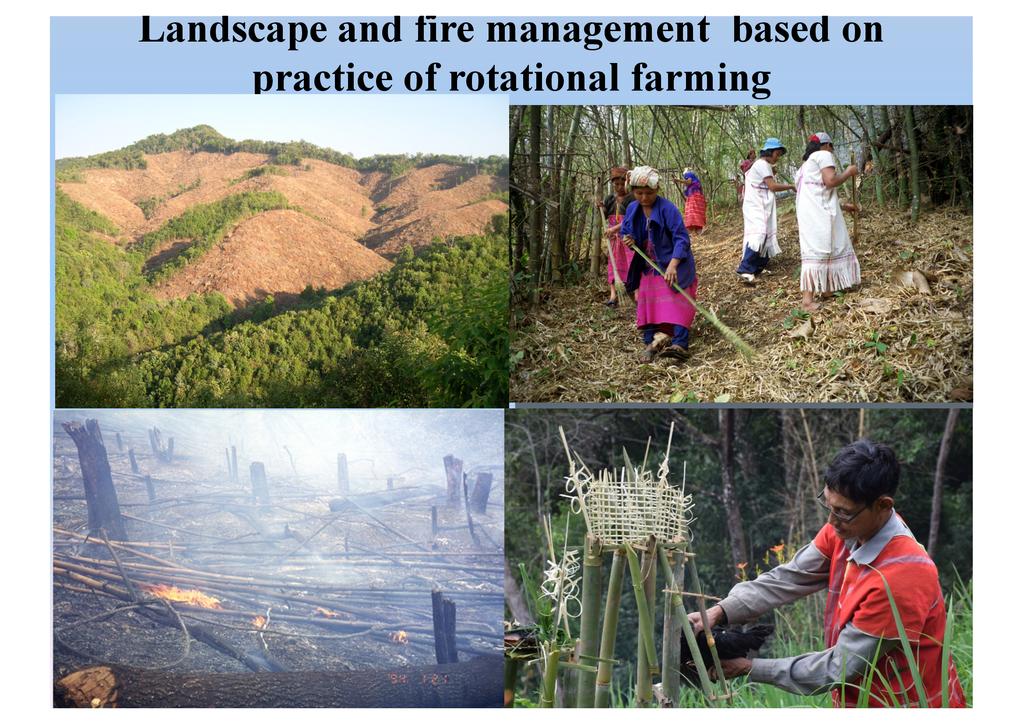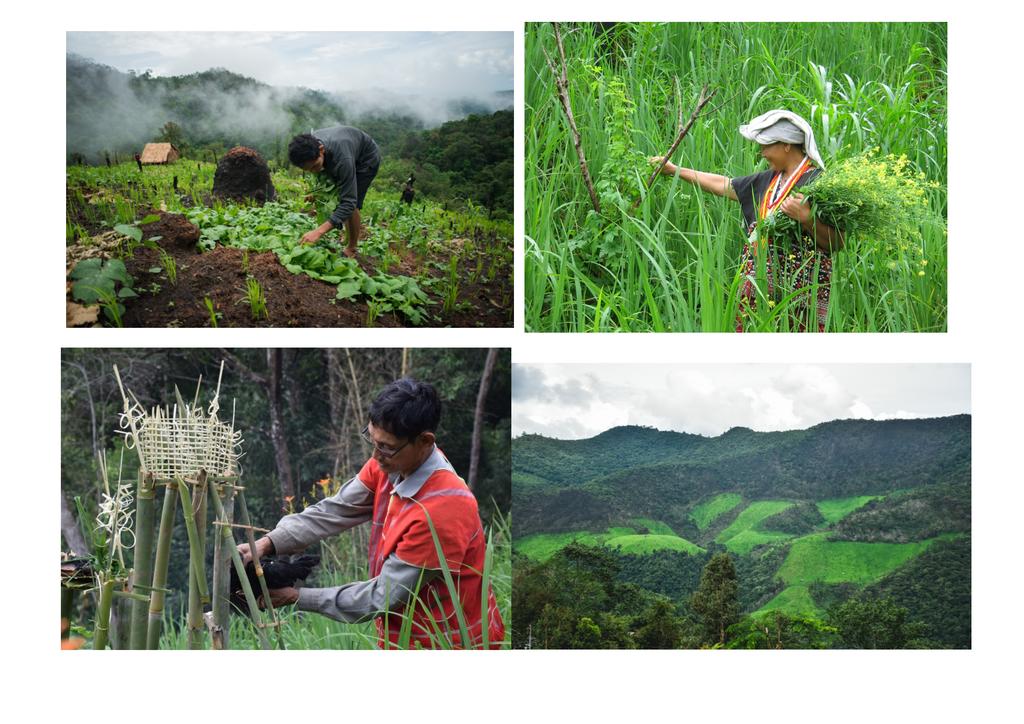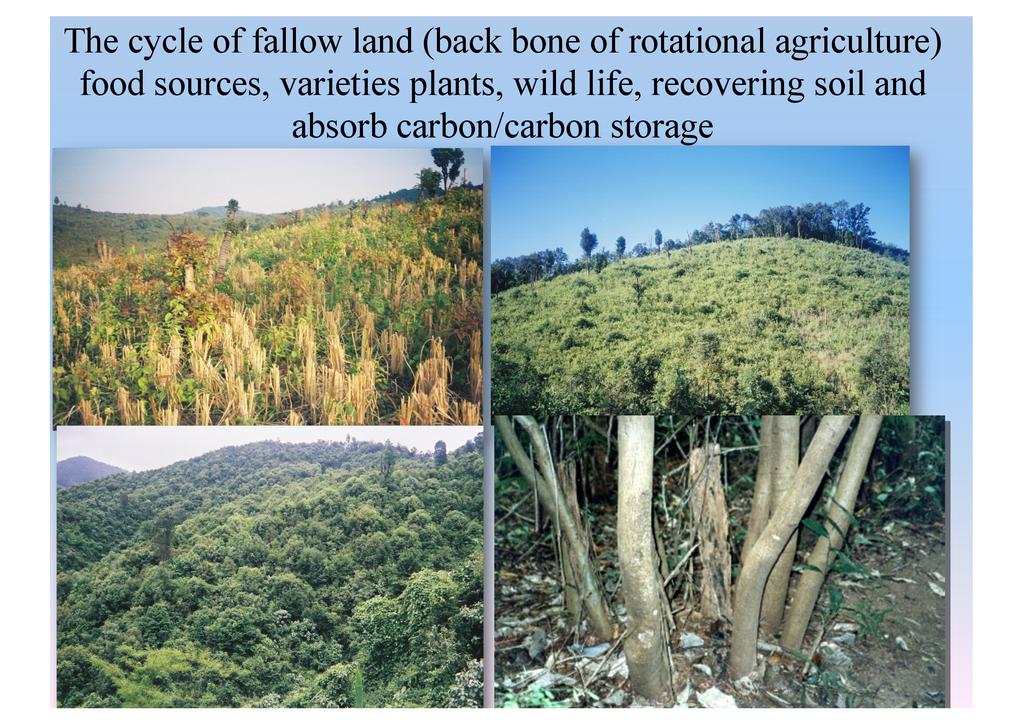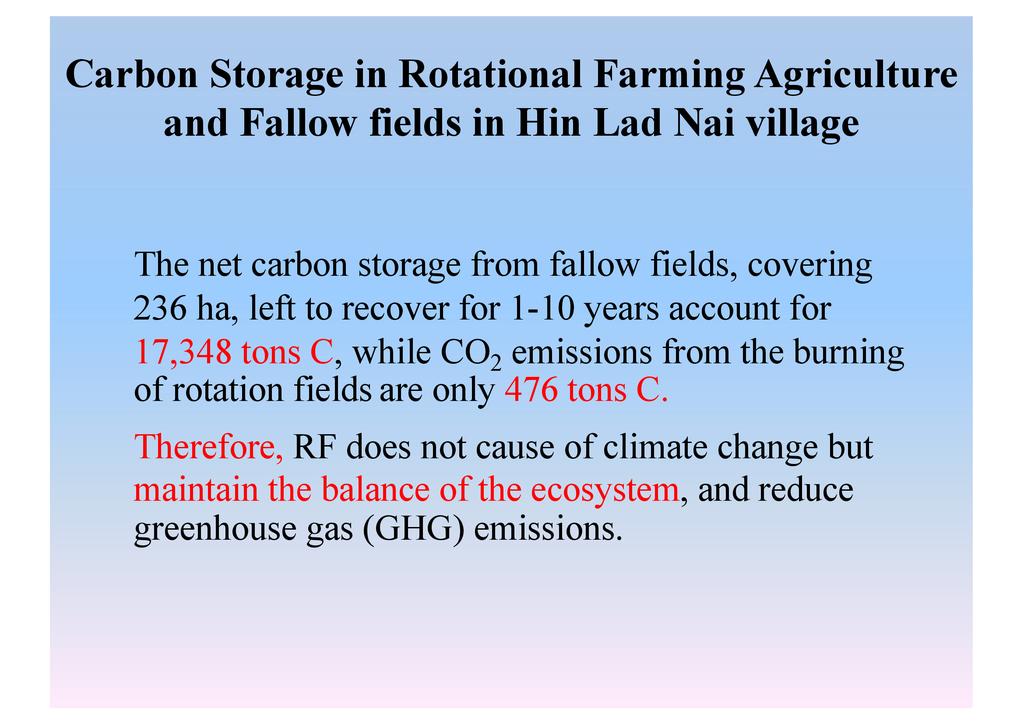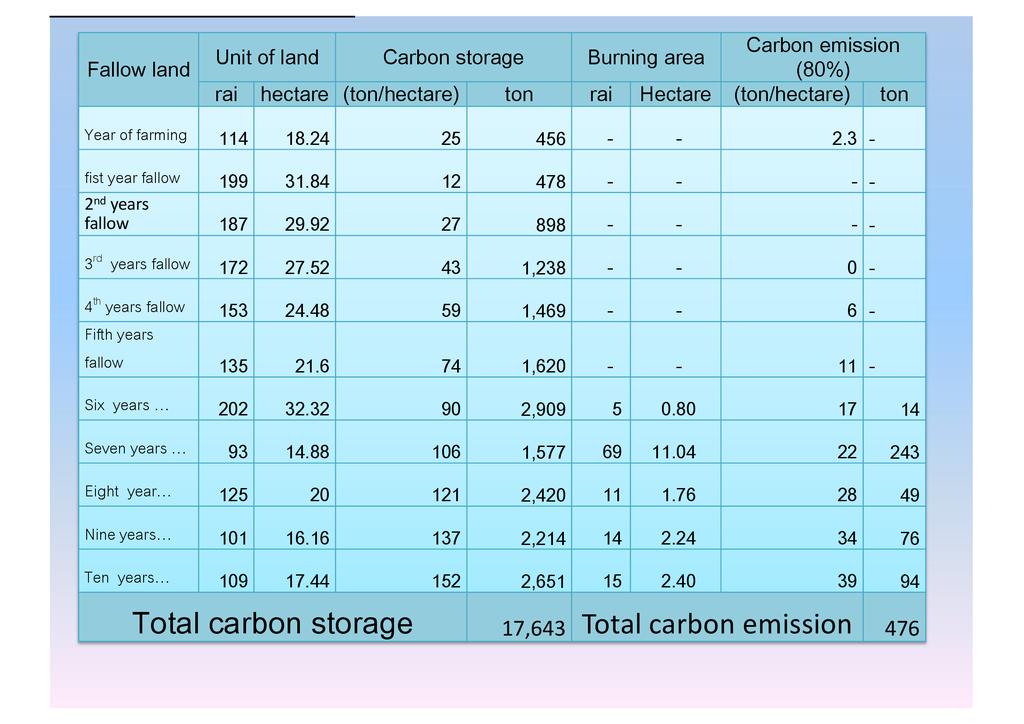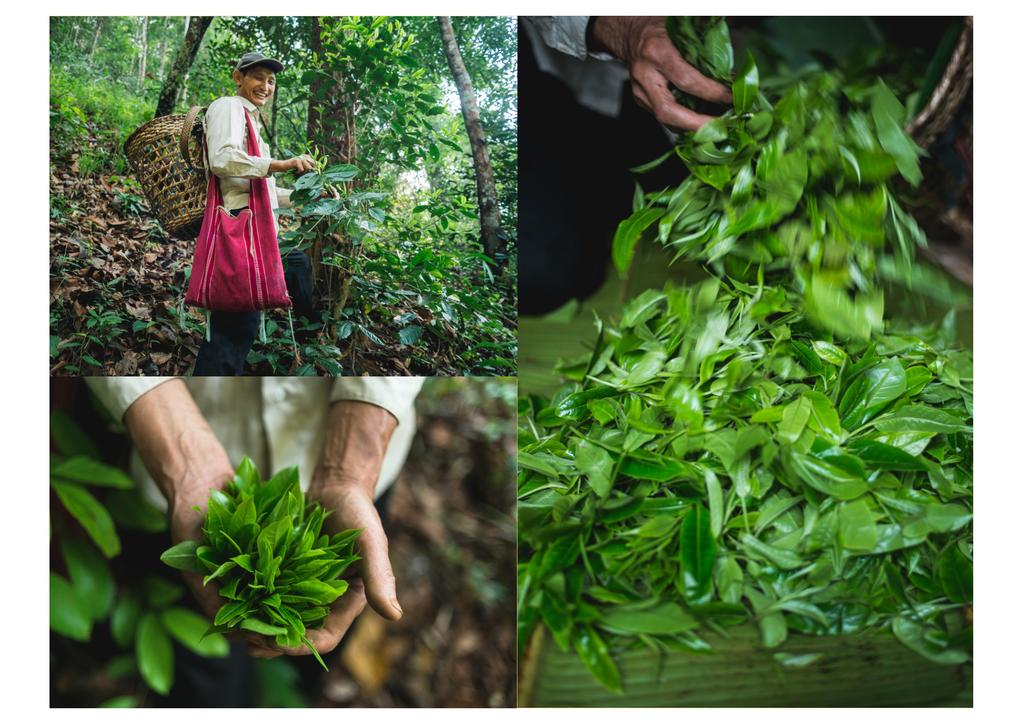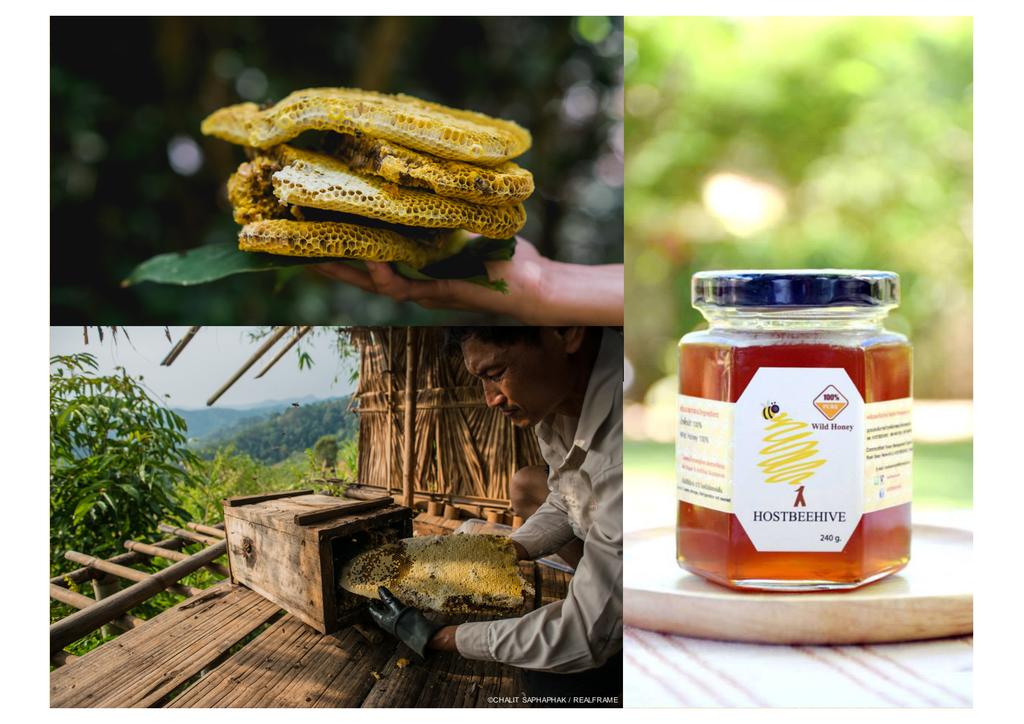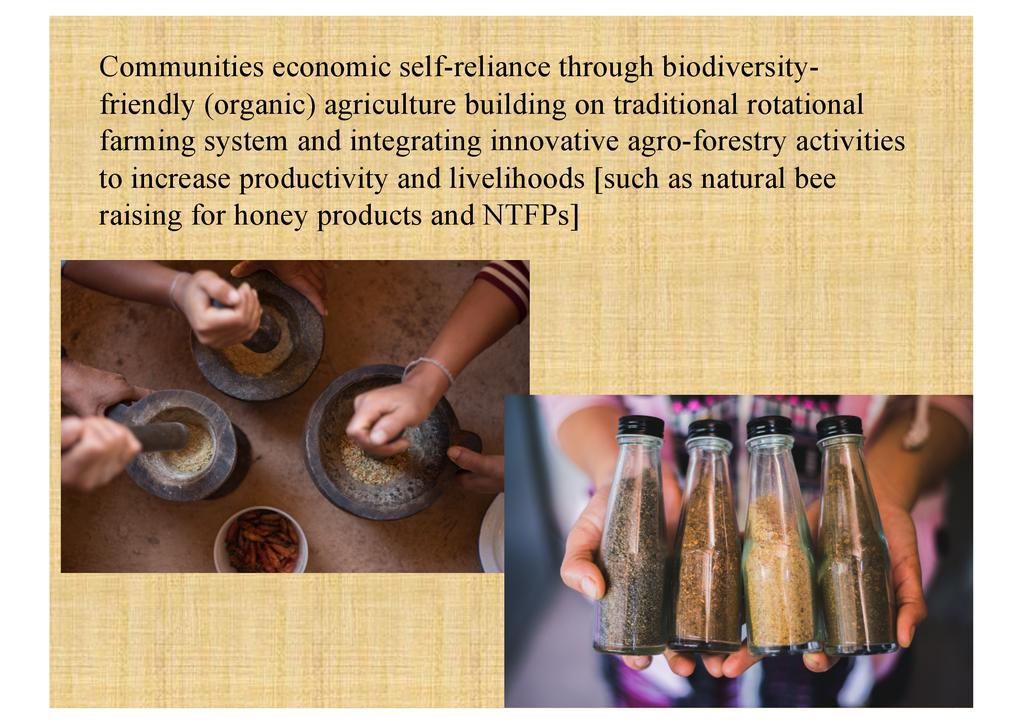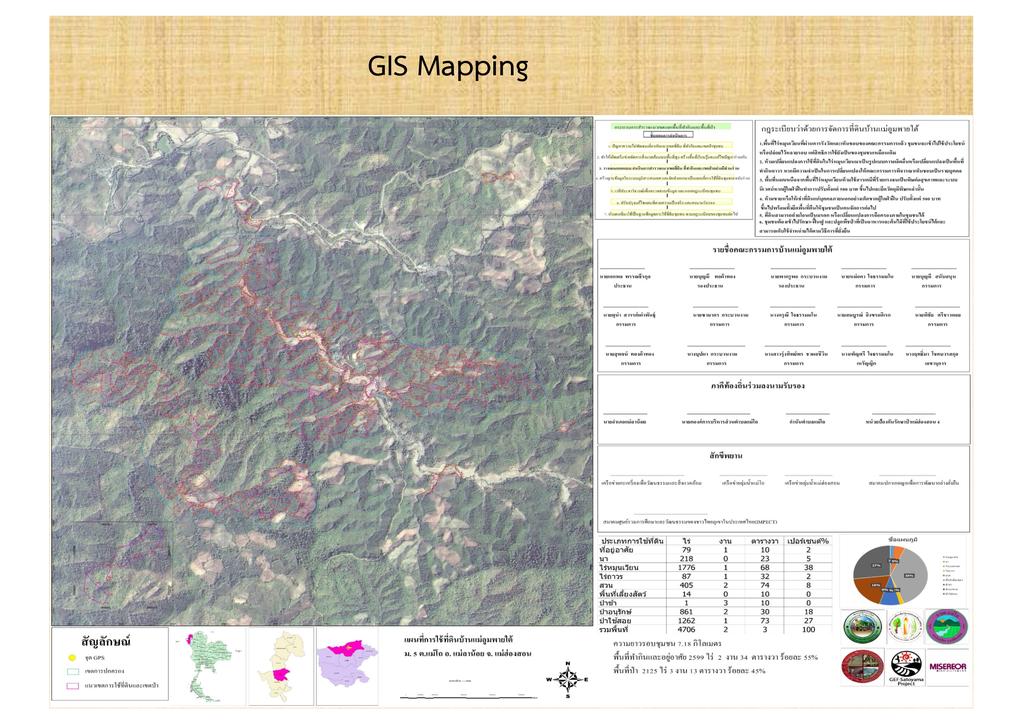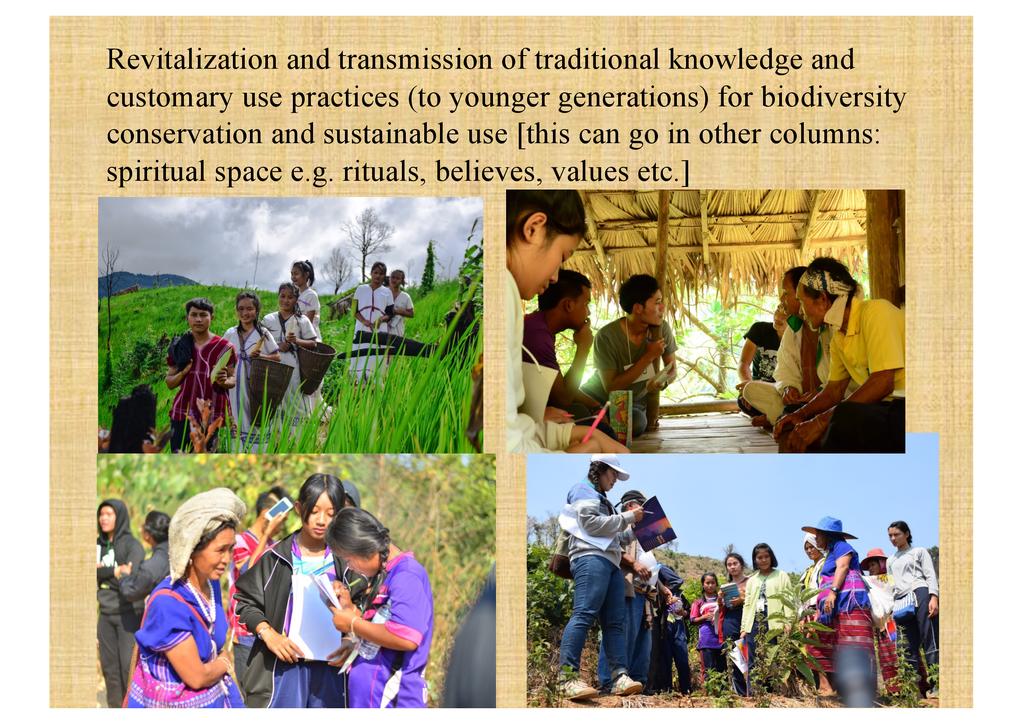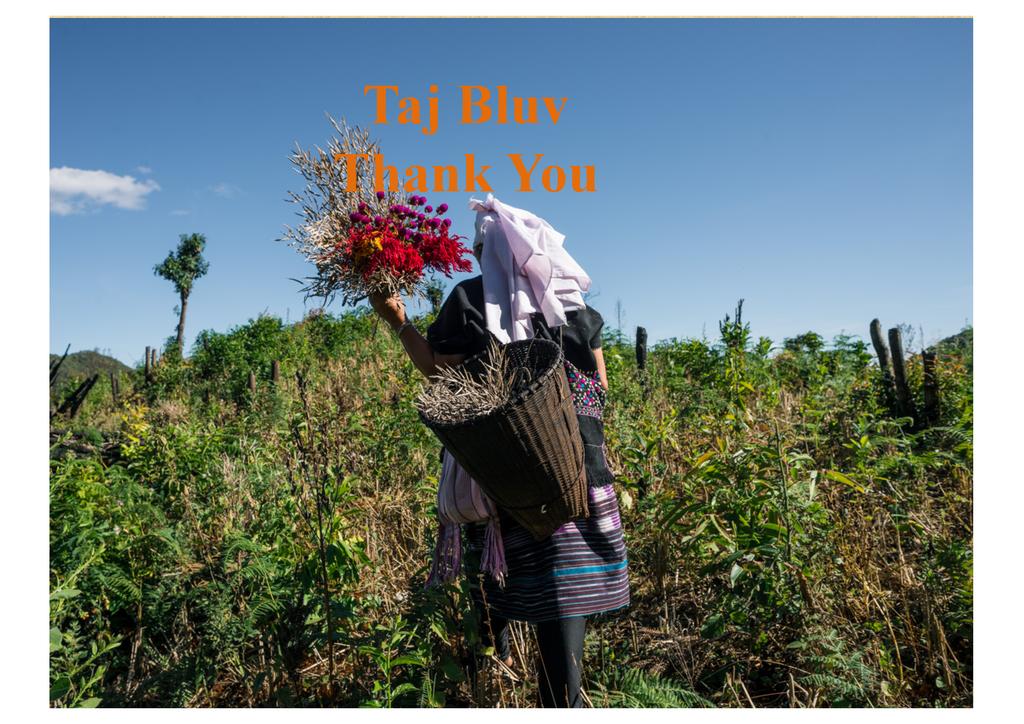Dynamic and Innovative Rotational Farming System and Practices in Karen Communities in Northern Thailand
Presented By: Prasert Trakansuphakon
Event: 2019 ECHO Asia "Small Scale: Up Scale" Agriculture & Community Development Conference (01.10.2019)
The traditional knowledge system of the Karen people in Northern Thailand connects them with the natural environment, and this linkage gives rise to sustainable models for natural resources management. Karen’s indigenous knowledge enables holistic management of natural resources and ecosystems for long-term purposes taking into account future generations. The Hin Lad Nai Karen Community exemplifies this perspective. Their dynamic rotational agriculture practices and innovations enables food security and greater biodiversity of plants and wildlife in the Karen landscape and ecosystem. With low carbon emission, Karen’s rotational cropping system mitigates climate change. Noticeably, local wisdom blends well with latest technologies, such as the Global Information System (GIS), in natural resources management. Rotational farming and non-timber forest products created additional value in terms of income and towards self-reliant economy for the local community in harmonious and interdependent manner. Overall, the benefits derived from dynamic rotational farming system contribute to the global sustainable development goals (SDGs).
